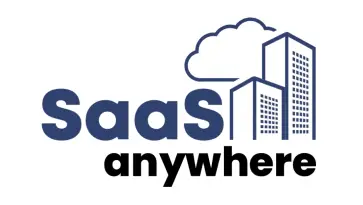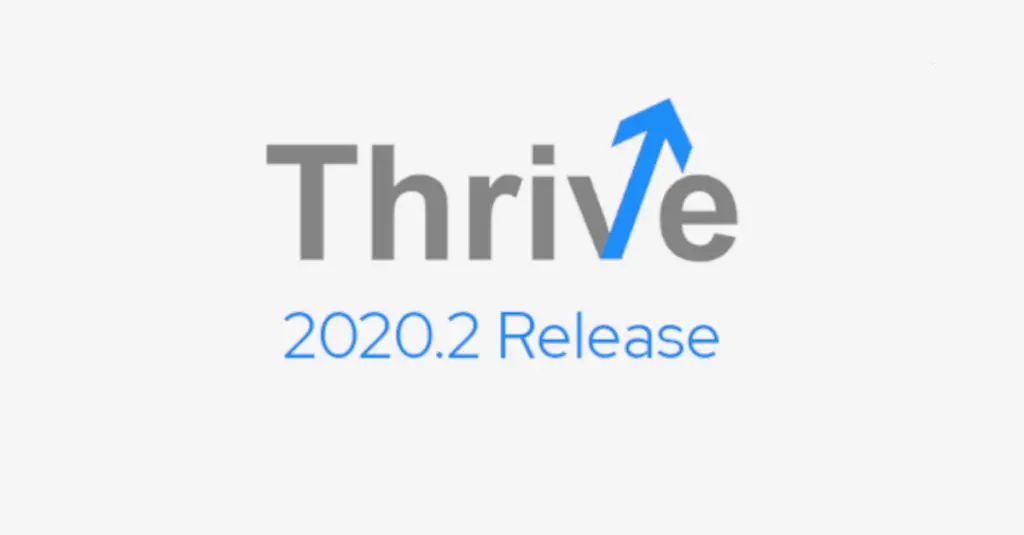
Danny Gargus and Craig Colangelo, March 25, 2021
Get the Best Solution for
Your Business Today!
The Ultimate Showdown
Business Intelligence tools have changed rapidly over the last few years with many vendors pushing out multiple updates each year – some even quarterly. It has become difficult to keep track of the myriad changes to the tools as each release brings them functionally closer to each other. The matrix below attempts to shed light on some of the differences between six of the leading BI tools.
| Analytics Showdown: IBM Cognos vs. Microsoft Power BI vs. Tableau vs. MicroStrategy vs. Qlik vs. ThoughtSpot |  | |||||
|---|---|---|---|---|---|---|
| All Analytics/BI tools report against data in some for or fashion. This document shows some of the similarities and differences between market leaders. Subjective capabilities such as “Which product has better ease of use?” are not covered here. Questions? Comment below or contact us. | ||||||
| FEATURE |  |  |  |  |  |  |
| Web-based or Desktop development | Web | Both | Desktop | Both | Both | Web |
| Data Import or Direct Query | Both | Both | Both | Both | Both | Both |
| Gartner Mode 1 | Yes | Yes | Limited | Yes | Yes (extension req’d) | No |
| Formatted production style reporting, scheduled distributed reports – requirements are well-understood in advance and can be identified by a process of analysis | ||||||
| Gartner Mode 2 | Yes | Yes | Yes | Yes | Yes | Yes |
| Visual-based exploration, agile, self-service, exploratory, involving experimentation to solve new problems, and optimized for areas of uncertainty. | ||||||
| Use of Stories | Yes | No | Yes | Yes | No | Yes (not narrative) |
| Allow for analytics be presented in a narrative form and allows for creation of a presentation like PowerPoint but using live data. | ||||||
| Text Box Prompts | Yes | No | No | Yes | Yes | No |
| Expression-Based Conditional Formatting | Yes | Yes | No | Yes | Yes | No |
| Multiple data source connections in the same report | Yes | Yes | Yes | Yes (extension req’d) | Yes | Yes |
| Jupyter Notebooks integration | Yes | No | No | Yes | No | No |
| Open-source web application that allows for creation and sharing of documents that contain live code, equations, visualizations, & narratives. | ||||||
| Export to PowerPoint | No (included add-on req’d) | Yes | Yes | No (office add-on req’d) | Yes (extension req’d) | No |
| Export to Excel with formatting | Yes | No | No | Yes | No | No |
| Report Bursting | Yes | No | Yes | Yes (w/ Narrowcast Server) | No | No |
| Generates targeted report output based on data from a single report run that is divided amongst the subsets. | ||||||
| Email reports to a distribution list | Yes | Yes/No (depends on Version) | Yes | Yes | Yes (extension req’d) | Yes |
| Custom D3 Visualizations | Yes | Yes | No | Yes | Yes | No |
| D3 is a JavaScript library for producing dynamic, interactive data visualizations in web browsers | ||||||
| Schematics visuals | Yes | No | Yes | Yes | Yes (extension req’d) | No |
| Ability to map data to custom vector image. (i.e. – airline seating chart) | ||||||
| Row level security | Yes | Yes | Yes | Yes | Yes | Yes |
Conclusion
As you can see there are still quite a few differences between the products. With each new release, we expect that the functionality gap will increase and decrease as new features are added that didn’t exist before and existing features are implemented as a response to another vendor’s updated product. Some of these are just personal preferences and others may or may not be important to your company’s processes and goals. By the time you read this, there may have already been updates that make some of these differences obsolete! As always though, if you need help navigating the BI space, let PMsquare be your analytics guide.
If you aren’t sure which BI tool is the best match for your organization and need help, reach out to us or chat with us by clicking the bubble in the bottom right of your screen.
Next Steps
We hope you found this article informative. Be sure to subscribe to our newsletter for data and analytics news, updates, and insights that are delivered directly to your inbox.
If you have any questions or would like PMsquare to provide guidance and support for your analytics solution, contact us today.








